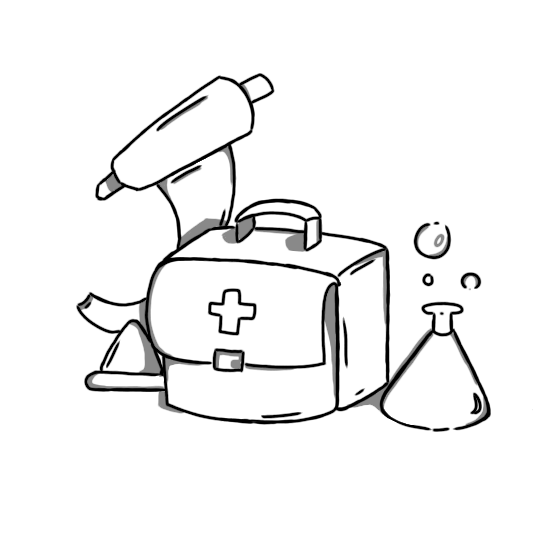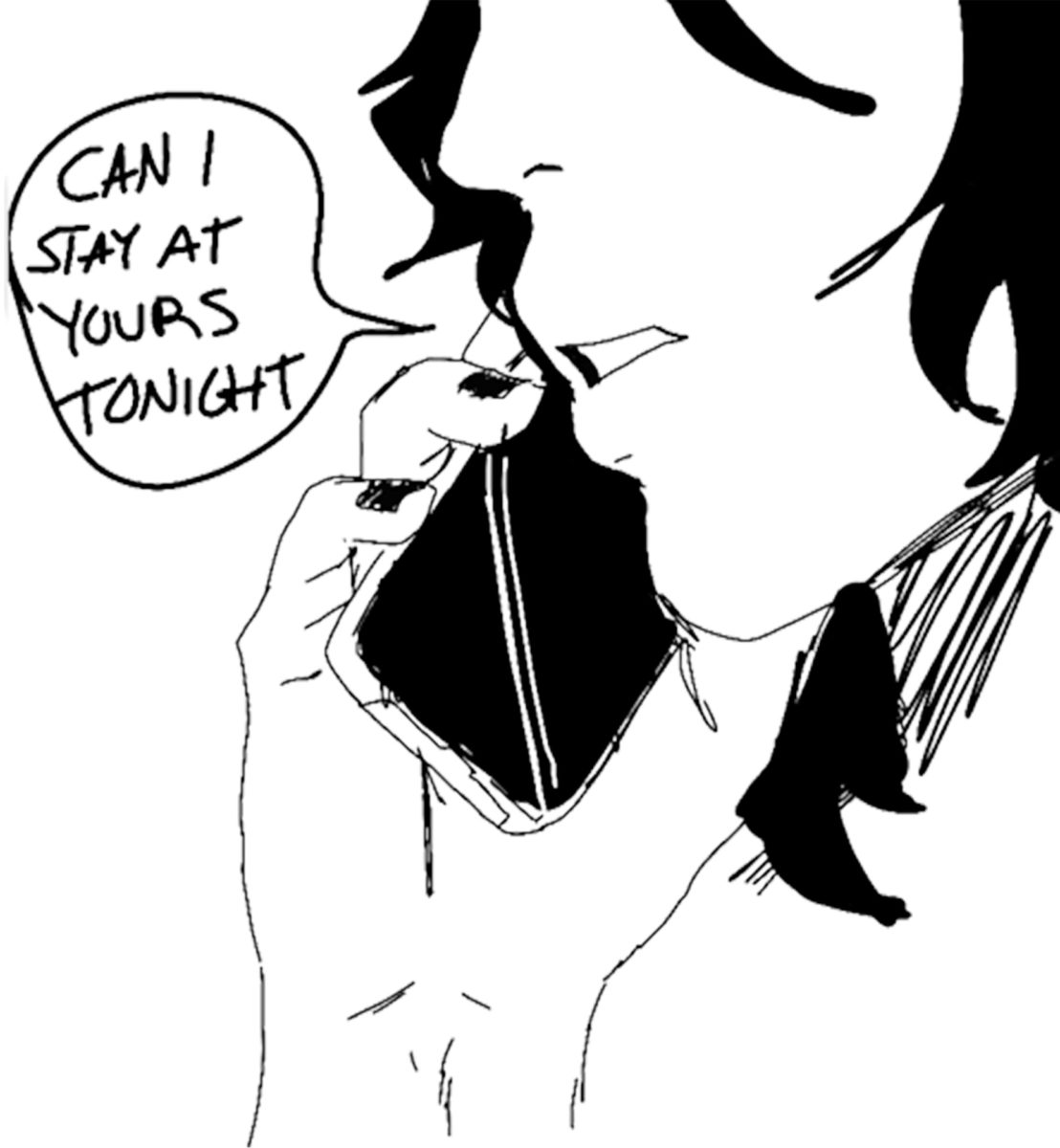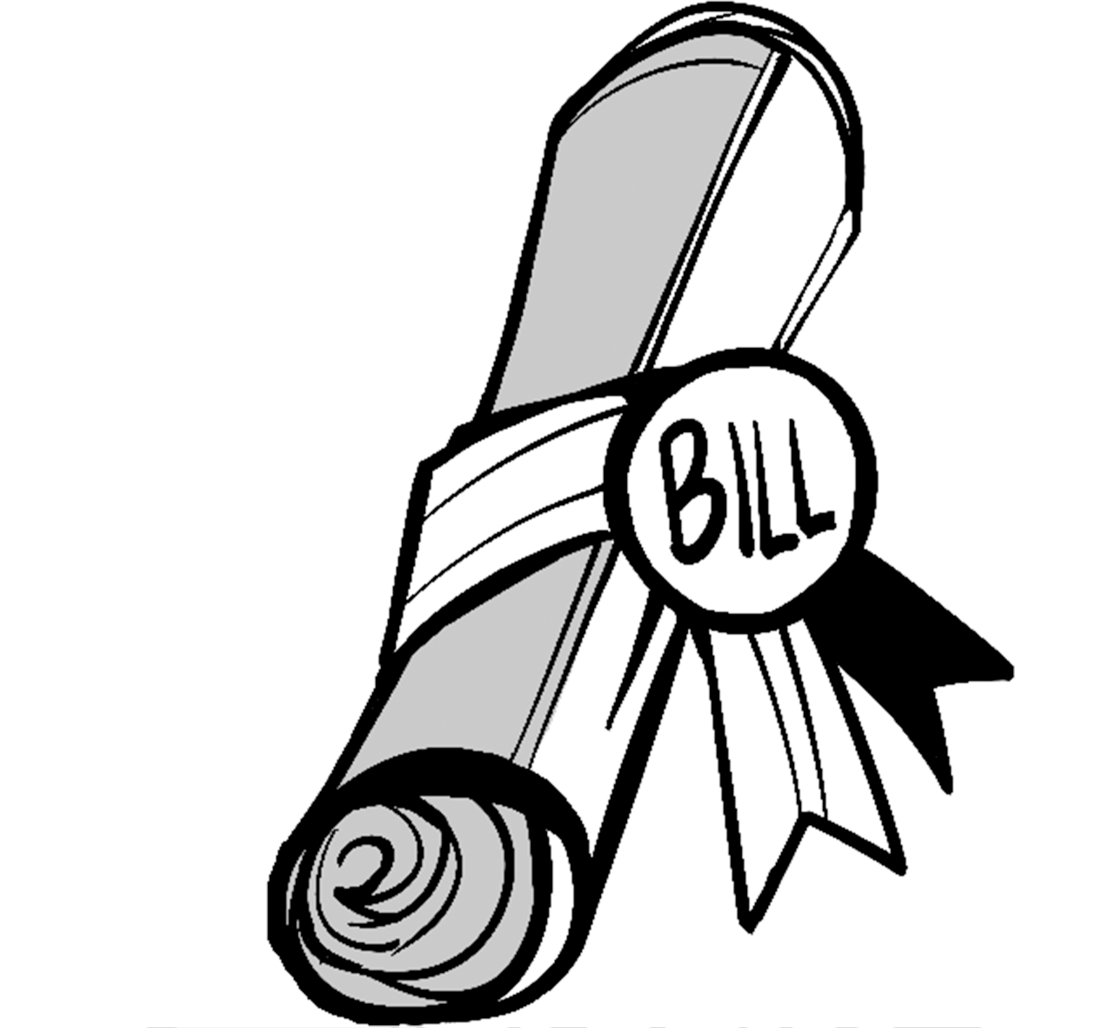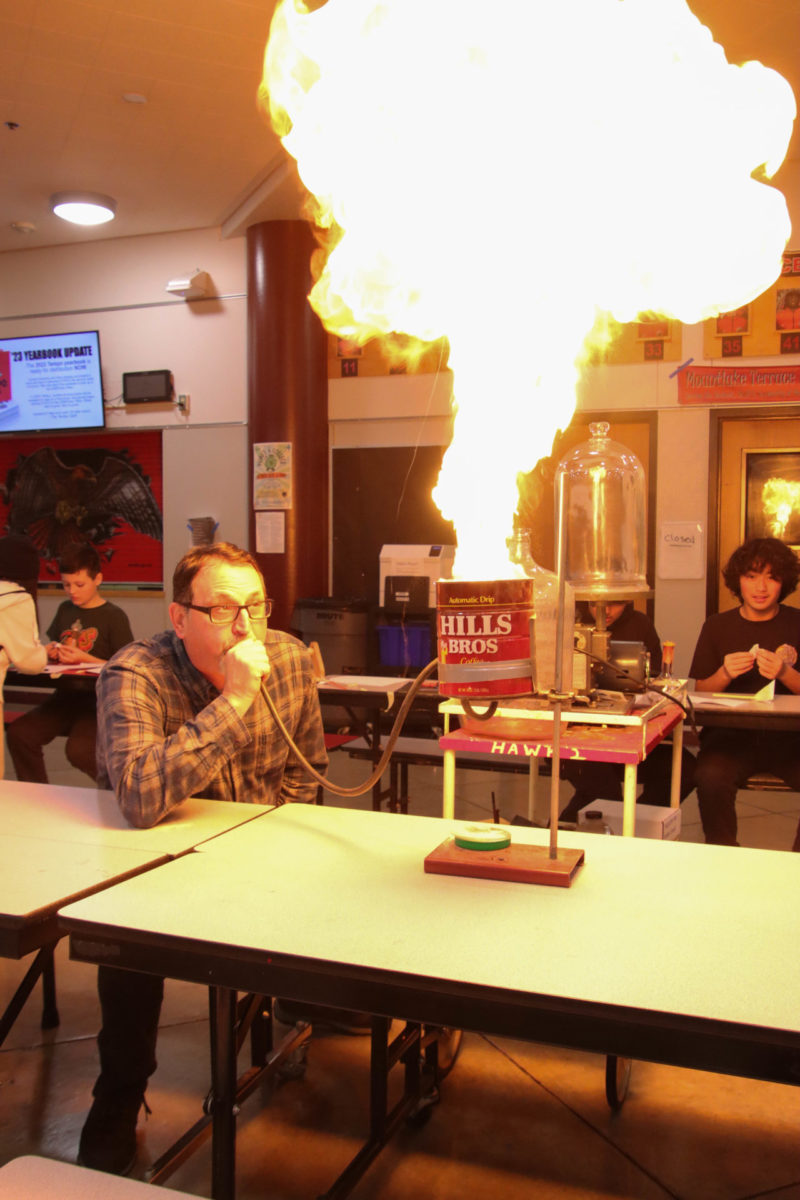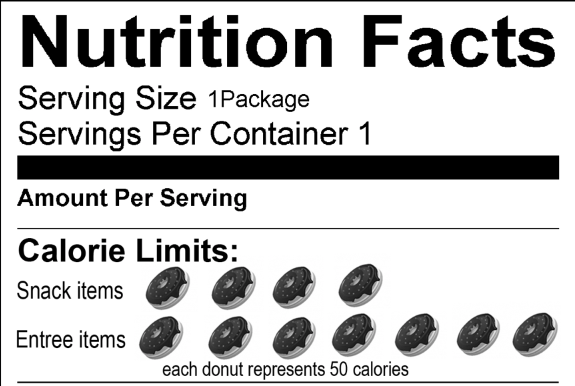
The Department of Agriculture’s “All Foods Sold in Schools” standards taking effect this year will impact the food sold in the lunch lines, vending machines, the student store and for fundraisers.
These standards, also called “Smart Snacks in School,” were created by the USDA in an effort to promote healthy snacks to students and limit their junk food consumption while at school.
Essentially, the government has placed limits on the calorie count and amount of sodium, fat and sugar in food sold to students in all schools that recieve government funding.
These regulations apply to all food sold to students on school property from midnight until 30 minutes after the end of the school day.
According to David Puhan, General Manager of Advantage Vending, the company that supplies Edmonds School District (ESD), the company only five snack items that were acceptable by the standards at the end of last year.
Now, Puhan says the company has found new products to fill the machines with.
These include granola bars, cereal bars, trail mix, reduced fat chips, popped chips, cookies, whole grain Cheez-Its and more.
The drinks that Advantage now supplies MTHS with include Talking Rain Sparkling Ice, Flavor Splash Sparklings, Life Water, Mor Sparkling Enhanced Water and diet soda.
Also, Puhan says that these items will likely change over the course of the year, as the manufacturers have not had much time to formulate and package these new snacks.
Athletics Director/Activities Coordinator Kim “Stew” Stewart said that MTHS is receiving additional machines with timers that would turn on at 2:20 p.m. and turn off at 11:59 p.m. These machines would be able to hold snack items that don’t comply with the health standards, such as energy drinks and sugary coffee.
However, Advantage Vending sales manager Lance Green said that there has been discussion, but no final decision on whether or not any of the school’s machines are being put on timers, though they all have timer capabilities.
Stewart has voiced his opposition to certain aspects of the guidelines.
“We can have soda, but it has to be diet. That’s what’s funny, is that [diet soda] is worse than regular pop,” Stewart said.
Also, he does not believe that simply removing unhealthy foods from school vending machines will be effective in making students healthier.
“Just removing something from a vending machine is not going to make [the students] healthy if you don’t get them up and moving. It just drives me nuts,” Stewart said.
Puhan also has some disagreements with the new federal guidelines.
“As a retailer, I think consumers should be free to choose what they want to consume and not have that be controlled by a federal agency,” he said.
The impacts of these regulations on vending income and fundraising are uncertain.
Puhan admits that he isn’t sure what the healthier snacks will do to sales, as it’s all completely new.
“I hate to speculate because these snacks are completely new. It’s kind of a wild card,” Puhan said. “It’s hard to say [how sales will be impacted] at this point, but I have to be optimistic.”
According to Puhan, some of the snacks look appealing and could “bring power to sales.”
I hate to speculate because these snacks are completely new. It’s kind of a wild card.
— David Puhan
Green said that it would be challenging to predict how sales would be impacted because students often want to “choose other options.”
“Kids prefer to have the freedom to choose. They want a variety: Coffee, pop, juice, water, just like at a convenience store or Fred Meyer,” he said.
Stewart also isn’t sure how the switch to healthy food will impact ASB vending income.
“I don’t know what kids eat or what they’re into or if the stuff [being put into the machines] will be something they like or not. I have no idea. That’s probably the million dollar question,” Stewart said.
ASB raised $20,465 in the 2012-2013 school year through vending machines at MTHS.
Last year, according to Activities Secretary Nadine Coombs, ASB raised a few thousand dollars less. However, the vending machines are still one of the main revenue sources that fund many different programs at MTHS.
If the machines lose revenue, it would impact all of the clubs and activities that receive ASB funding as well as ASB-funded events such as homecoming.
“It’s not something we want to have to face, but it’s kind of where we’re heading unfortunately,” Stewart said.
Individual clubs’ incomes may also be impacted because the regulations apply to on-campus fundraisers as well.
There can be no morning on-campus Krispy Kreme donut sales. Chocolate bars and cookie dough cannot be sold to students until 2:20 p.m.
Club members either have to put more time into selling their products after school or find alternate forms of fundraising.



